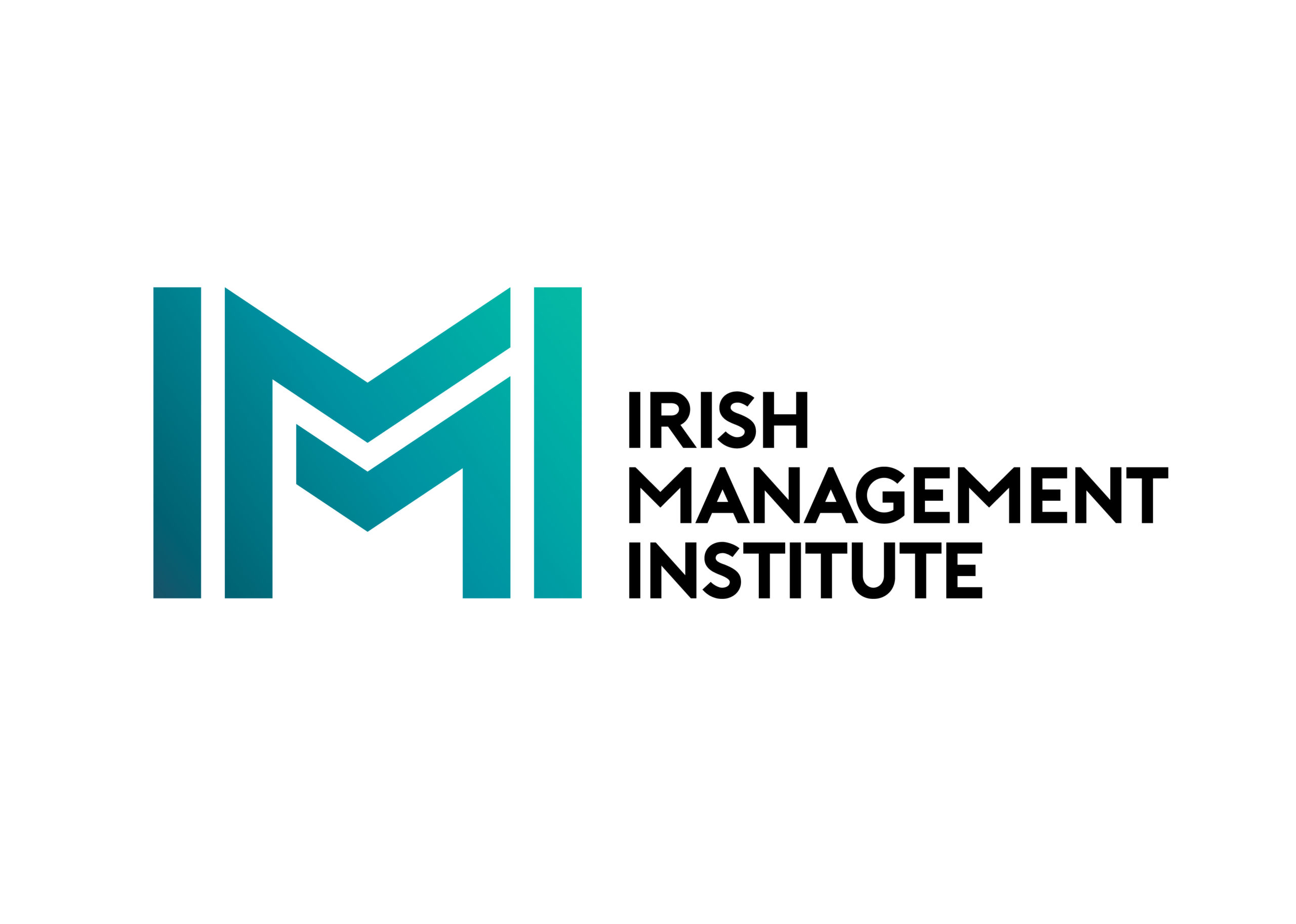Related Articles
Line Managers are Pivotal for Successful Change Management
There is a widely held and credible consensus that many change programmes do not achieve their stated aims.
People realise that accomplishing change successfully is difficult. In the academic literature, opinions vary, but there is a widely held and credible consensus that many change programmes do not achieve their stated aims. Some authors would contend that up to 70% of change programmes don’t achieve what they set out to achieve.
The pace of change doesn’t seem to be slowing down later, it’s almost like the ‘Moores law’ for organisations. In 1965, Gordon Moore predicted that the number of transistors in a dense integrated circuit would double approximately every two years for the next ten years – people thought he was completely off the mark, but this predication has largely held.
I think the same is true of change in our organisations – the ‘rise of the robot’ is all over the news at the moment and how many jobs will be taken over by automation in the next decade. It is difficult to assess how accurate some of these reports are but the one thing it almost certainly means is that the pace of change for organisations won’t slow down anytime soon.

Change can undermine or even remove what Laszlo Bock (former SVP of People Operations at Google) would regard as one of the foundation elements of a high performing team – psychological safety. If people are constantly in a state of higher nervous energy because of change and uncertainty, then it will lead those people to potentially pay a higher price for this, be it higher turnover, quicker burnout or just a lack of application and motivation generally.
Change is a tough thing to manage well and requires a lot of insight, intelligence, the ability to learn and take feedback, the capacity to deal with fear and nervousness and to lead people through all of this. The people best placed to assess these elements in your organisation are your line and middle managers – if they are close to their people – they’ll be able to tell you exactly what’s going on.
Being close to their people doesn’t mean smothering them or micromanaging them – it means understanding what value work holds for them and what staff want to get from their roles. The more a line manager ‘gets’ this – the more he or she can help people see the opportunities as well as the challenges in change processes (particularly non-urgent and emergent change)
This required a high level of interpersonal competence and is something that rarely ‘just happens’ – it takes a concerted effort on the part of the organisation to help line managers develop this competence.
One of the most famous motivational theories of the last number of years comes from Daniel Pink’s book ‘Drive’. Pink’s conclusions, broadly, were that
- People appreciate some control over how they do their work (autonomy)
- They appreciate developing expertise and being recognised and acknowledged for this (mastery)
- They appreciate knowing why it is they should put in discretionary effort for the organisation – why should they work here? (purpose)
People are motivated by different things – and most likely combinations of all of the above. What is motivational for one person may be bland to another – you have to know the difference.
Change puts pressure on the system. When structures come under pressure, it’s critical that line and middle managers know what is important to their people. Is it flexibility? is it career development? is it the development of expertise or the ability to work internationally?
Knowing what motivates people helps managers navigate a course with their staff through a change process and helps give the organisation a better chance of ‘beating the odds’ and implementing change successfully.
Edwin O’Hora is the Programme Director for the IMI Diploma in Organisational Development and Transformation. Edwin workes with a range of clients in different sectors in the areas of growing organisations and making them scalable and developing and sustaining high performance. He sits on the board of the National Adult Literacy Agency (NALA) and advises client boards on a multitude of organisational development issues.





